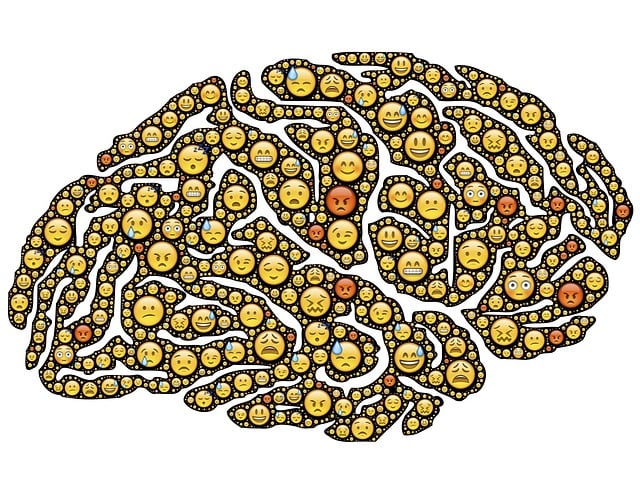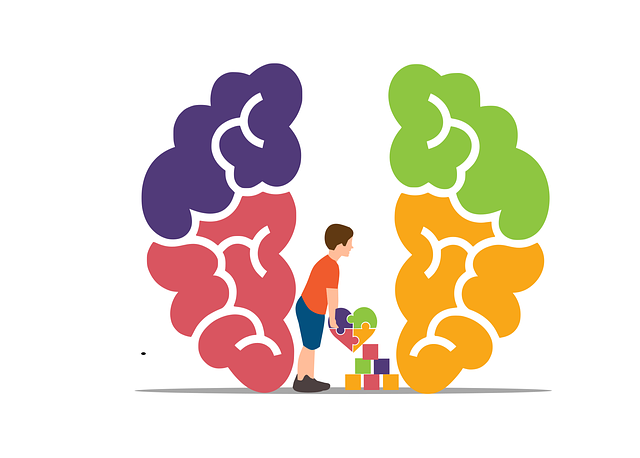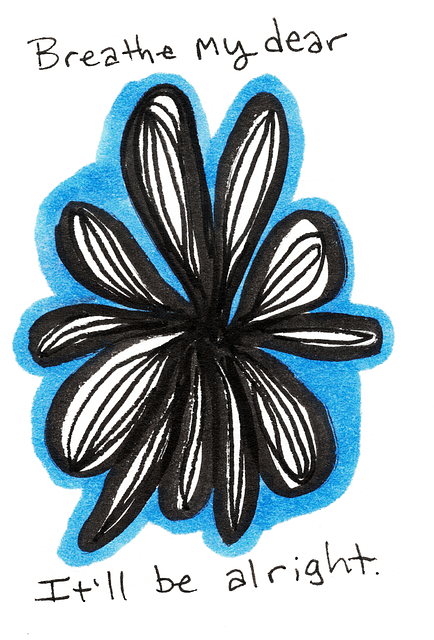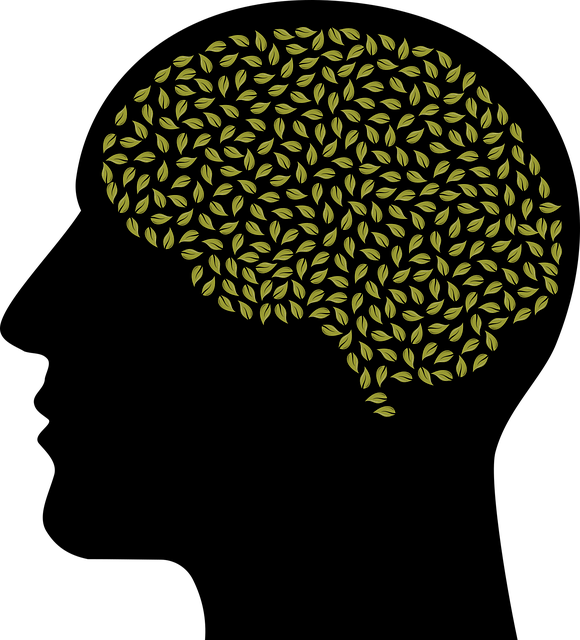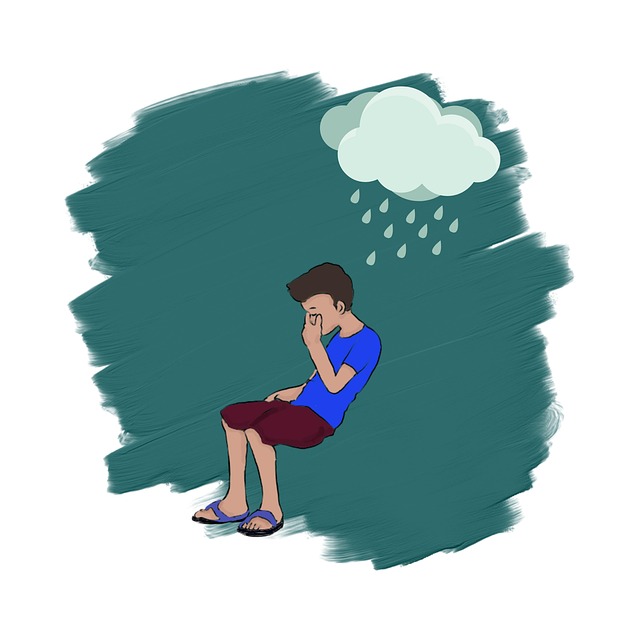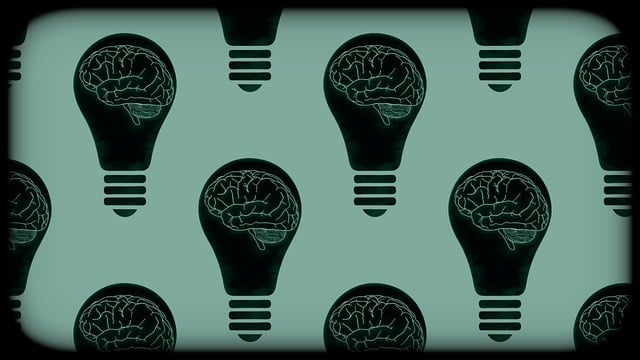Anxiety disorders, common globally, can disrupt daily life and manifest in gambling addiction through compulsive behaviors. Early identification and management are crucial. Cognitive Behavioral Therapy (CBT) targets negative thought patterns, equips healthier coping mechanisms, and includes mindfulness meditation. Exposure therapy gradually faces triggers to overcome anxiety and develop emotional intelligence. Relaxation techniques like deep breathing and yoga reduce symptoms of anxiety disorders by calming minds and bodies. Incorporating healthy lifestyle habits offers a holistic approach to managing anxiety in adults struggling with gambling addiction.
Anxiety disorders are a prevalent mental health concern among adults, affecting millions worldwide. This article explores effective management techniques to help individuals navigate and overcome anxiety. We delve into various therapeutic approaches, such as Cognitive Behavioral Therapy (CBT) and Exposure Therapy, specifically tailored for gambling addiction. Additionally, we discuss relaxation methods, mindfulness practices, and lifestyle changes that can significantly reduce anxiety symptoms.
- Understanding Anxiety Disorders in Adults
- Cognitive Behavioral Therapy (CBT): A Popular Approach
- Exposure Therapy for Gambling Addiction
- Relaxation Techniques and Mindfulness Practices
- Lifestyle Changes for Effective Anxiety Management
Understanding Anxiety Disorders in Adults

Anxiety disorders are prevalent among adults, affecting millions worldwide and significantly impacting their daily lives. It’s essential to understand that anxiety is a normal human emotion, but when it becomes excessive and persistent, it can evolve into a disorder. Common types include generalized anxiety disorder (GAD), panic attacks, social anxiety, and specific phobias. In the context of therapy for adults gambling, addressing underlying anxiety disorders is crucial for successful treatment. These disorders often manifest as compulsive behaviors, such as excessive gambling, as a means of coping or avoiding anxiety-provoking situations.
Public awareness campaigns development and healthcare provider cultural competency training play a vital role in identifying and managing these disorders. By increasing understanding and reducing stigma, individuals experiencing anxiety symptoms can seek help earlier, leading to more effective interventions like cognitive-behavioral therapy (CBT) and mindfulness practices. Burnout prevention is also critical; as chronic stress and anxiety deplete resources, it’s essential to teach adults healthy coping mechanisms to avoid exacerbating their conditions.
Cognitive Behavioral Therapy (CBT): A Popular Approach

Cognitive Behavioral Therapy (CBT) is a popular and effective approach to managing anxiety disorders in adults. This evidence-based therapy focuses on identifying and changing negative thought patterns and behaviors that contribute to excessive worry and fear. By challenging unhelpful thoughts, CBT helps individuals develop healthier ways of thinking and responding to stressful situations. For those struggling with gambling addiction, CBT can be a valuable tool. It assists in navigating the intricate relationship between anxiety and impulsive behavior, often associated with gambling crises.
Through CBT, adults in crisis intervention guidance sessions learn to recognize triggers and develop coping strategies. Mindfulness meditation techniques are incorporated to enhance self-awareness and emotional regulation. Empathy building strategies also play a significant role, fostering understanding and support within the therapeutic process. This comprehensive approach ensures individuals gain practical tools to manage anxiety effectively, offering long-lasting benefits beyond immediate crisis situations.
Exposure Therapy for Gambling Addiction

Exposure therapy is a powerful technique that has shown remarkable effectiveness in treating gambling addiction among adults. This therapeutic approach involves gradually exposing individuals to situations or triggers related to gambling, helping them confront and manage their anxiety in a controlled environment. By facing their fears, patients learn to recognize and challenge the exaggerated thoughts and beliefs associated with gambling, ultimately reducing their avoidance behaviors and compulsions.
In the context of mental health education programs design, exposure therapy is often integrated as part of comprehensive risk management planning for mental health professionals. It empowers individuals to develop emotional intelligence by teaching them to identify and regulate their emotions effectively. This skill set not only aids in overcoming gambling addiction but also promotes overall well-being, enabling people to navigate challenging situations with greater resilience and a more balanced perspective.
Relaxation Techniques and Mindfulness Practices

Relaxation techniques and mindfulness practices have emerged as powerful tools for managing anxiety, particularly in the context of therapy for adults with gambling issues. These methods aim to help individuals calm their minds and bodies, reducing the physical and mental symptoms associated with anxiety disorders. Deep breathing exercises, progressive muscle relaxation, and guided imagery are some popular techniques that can be easily incorporated into daily routines. By training the mind to focus on the present moment and accept thoughts without judgment, mindfulness practices such as meditation and yoga can significantly enhance one’s ability to manage stressful situations.
In the realm of social skills training, these relaxation techniques can also foster better emotional regulation and communication, which is crucial for building healthy relationships. Moreover, healthcare provider cultural competency training should include an understanding of how anxiety manifests differently across various cultures, ensuring that treatment approaches are sensitive to individual needs. Mental health policy analysis and advocacy play a vital role in promoting access to evidence-based treatments, including relaxation therapies, as part of comprehensive gambling addiction rehabilitation programs.
Lifestyle Changes for Effective Anxiety Management

Anxiety management techniques often extend beyond therapy sessions, with lifestyle changes playing a pivotal role in effective long-term coping. For adults struggling with gambling addiction, incorporating healthy habits can be transformative. Regular exercise, for instance, releases endorphins that naturally reduce stress and improve mood, making it an excellent countermeasure to anxiety and depression prevention strategies. Additionally, cultivating mindfulness through practices like meditation or yoga can help individuals stay grounded in the present moment, thereby mitigating anxious thoughts and behaviors.
Incorporating balanced eating habits, adequate sleep, and limited consumption of stimulants such as caffeine can also significantly impact mental wellness. These lifestyle adjustments, when combined with therapy for adults gambling, create a holistic approach to managing anxiety. A Mental Wellness Podcast Series Production featuring experts in the field can provide valuable insights, education, and support for those looking to implement these changes and improve their overall well-being.
Anxiety management is a multifaceted approach, and understanding various techniques like CBT, exposure therapy, relaxation techniques, and lifestyle changes can significantly aid adults dealing with gambling addiction and other anxiety disorders. Integrating these strategies into daily routines empowers individuals to navigate their fears, reduce symptoms, and lead more fulfilling lives. Remember that seeking professional help is crucial for effective treatment, especially when addressing specific issues like therapy for adults gambling.
